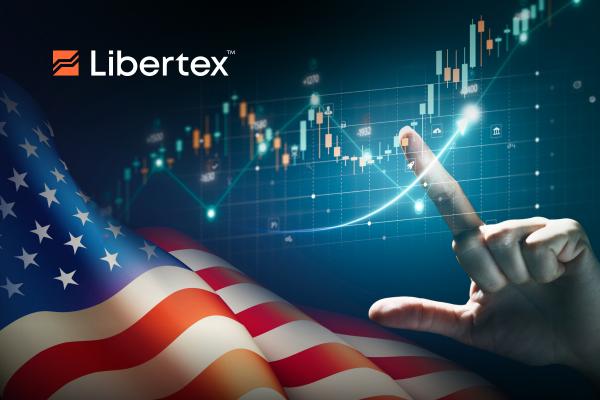As Americans prepare to go to the polls next week, traders and investors are rightfully wondering how the result will impact financial markets. With two polar-opposite candidates — both in terms of social and foreign policy, as well as their appetite for regulation — the uncertainty is palpable. When it comes to cryptocurrencies, the divergence between Harris and Trump has already been well-publicised, but the division runs much deeper than just digital assets. After an already odds-defyingly good run for equities that has seen the S&P 500, Nasdaq 100 and Dow Jones all record ever-higher highs despite double-digit inflation, multi-year record interest rates, and global geopolitical insecurity, the bulls are beginning to look over their shoulder and ahead to 5 November as a potential market-moving date depending on who makes it to the White House.
The Republican Donald Trump is a well-known proponent of classic free-market capitalism, while the Democrats are notorious fans of enhanced regulation and taxation. However, with corporate earnings and the holiday season upon us — not to mention a crucial meeting of the US Federal Reserve on 6-7 November — there are numerous other key factors that will surely influence stocks through the rest of 2024. In this article, we'll try to cover these main fundamentals as we assess how a victory for either candidate could impact the key US indices.
The proof is in the earnings
In election years, it's always tempting to attach too much significance to the result. The reality is, at least for equities, that more immediate factors are far more likely to determine performance. With corporate earnings season now upon us, stock prices can be expected quite rightly to move depending on how much money they're actually generating. Monday, 29 October, saw global big hitter Alphabet (GOOGL) get the corporate earnings season off to a flying start. Google's parent company outperformed expectations with strong quarterly earnings growth in its cloud business to gain 3% on the day.
Meta and Microsoft posted their figures on 30 October and also beat projections, while Apple and Amazon were set to report on 31 October. With both the S&P 500 and Nasdaq 100 being quite tech-heavy, a good earnings season for the megacap tech tickers is likely to translate to gains on the key US composites. Luckily, most investors today have exposure to both these major indices, as well as individual tech stocks or tech-focused ETFs, which means little portfolio rebalancing is required. Some traders aim to anticipate sectoral booms depending on the election result, such as we saw with green technology and renewables ahead of Biden's victory in 2020. However, this proved to be a bubble and many attempts to time the market were punished harshly. In such situations, often the best thing to do is trust your instincts and interpretation of the major fundamentals.
Dove of Peace
This election has been characterised by unprecedented levels of division, fear, and hyperbole, with either side claiming a victory for the other would spell the end of the world as we know it. But all of this could be rendered irrelevant by yet another unrelated factor: the US Federal Reserve's policy pivot. After the Fed made a bumper 50-bps cut in September, all the evidence appears to point to a continuation of the regulator's dovish demeanour, at least until the end of the year. A Reuters poll of 111 economists saw every last one predict a 25-bps cut at the FOMC meeting on 7 November, while more than 90% of them expect another quarter-percentage-point reduction in December. This would certainly be in line with Powell's pledges from earlier in the year for five (25-bps) rate cuts by early 2025. And with inflation back within a hair of the Fed's 2% target and the jobs market stable, there seems to be nothing in the way of a stocks-boosting double cut before the year's end.
Couple this with the typical Santa Rally in December, and the final quarter of 2024 looks like it could be a good one for equities, whatever happens on 5 November. Sure, there is a large amount of uncertainty in the market right now, but far from provoking rash movement one way or the other, history shows that the final result will only bring stability, no matter who the winner is. In fact, election years have historically brought an average 9.1% gain for US stocks, irrespective of who won, and that's unlikely to change now.
Trade stocks, CFDs and more with Libertex
As an experienced broker connecting ordinary retail traders and investors with the financial markets for almost two decades, Libertex has both a history and a strong reputation for reliability. With a wide-reaching offering, Libertex provides CFDs in a variety of asset classes, from forex, commodities, and crypto to ETFs, indices, and, of course, individual stocks. And because you don't need to actually own the underlying instruments, opening and closing your trades is quick. Even better, Libertex can offer leveraged trading, as well as both long and short positions on a variety of CFDs, From major indices like Nasdaq 100, S&P 500, and Dow Jones Industrial Average to CFDs on big stocks like Alphabet, Microsoft, and Apple, Libertex has it all. For more information or to create an account of your own, visit www.libertex.com/signup today!


